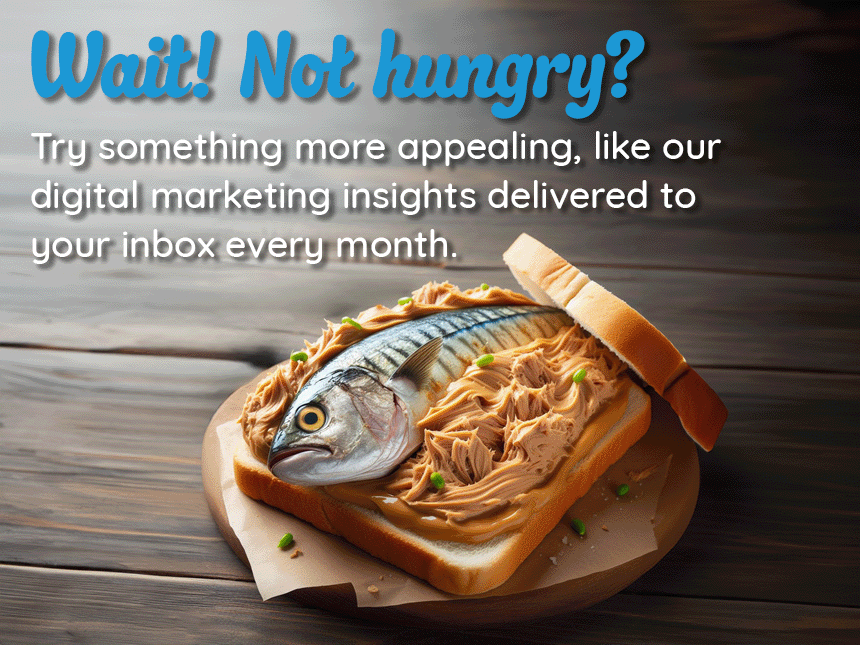How Does AI Marketing Work?
Artificial intelligence (AI) marketing leverages algorithms and models to help marketers automate tasks and analyze data, improving efficiency and effectiveness of marketing strategies.
In recent years, AI has transformed the marketing landscape, offering businesses innovative ways to engage with consumers, personalize experiences, and optimize campaigns. In this article, we will explore the key components of AI marketing and explain how AI marketing works to enhance business strategies.
Understanding AI Marketing
AI marketing leverages machine learning, data analytics, and automation to enhance marketing efforts. By processing vast amounts of consumer data, AI can identify patterns, predict behaviors, and make real-time decisions to improve marketing performance.
Key Components of AI Marketing
- Data Collection and Analysis: AI gathers and analyzes data from various sources including website interactions, social media activity, and customer transactions. This data helps businesses understand their audience and make data-driven decisions.
- Customer Segmentation and Personalization: AI-powered algorithms segment audiences based on behavior, preferences, and demographics. This allows marketers to create highly personalized content and targeted campaigns that resonate with individual consumers.
- Chatbots and Conversational AI: AI-driven chatbots provide instant customer support, answer queries, and guide users through the sales funnel. These bots enhance user experience and reduce the need for human intervention in customer interactions.
- Predictive Analytics: By analyzing historical data, AI can predict customer behavior, helping marketers anticipate needs, optimize pricing strategies, and deliver relevant offers at the right time.
- Automated Content Creation and Optimization: AI tools generate and optimize content, including blog posts, social media updates, and email campaigns. These tools use natural language processing (NLP) to craft engaging and high-performing content.
- Ad Targeting and Media Buying: AI enhances digital advertising by automating ad placement, optimizing bids, and targeting audiences based on real-time data. This results in more efficient ad spending and improved return on investment (ROI).
- Email Marketing Automation: AI personalizes email campaigns by analyzing customer behavior and engagement patterns. This ensures that recipients receive relevant messages at optimal times, increasing open rates and conversions.
- Sentiment Analysis and Social Listening: AI monitors social media and online reviews to gauge consumer sentiment. This helps businesses understand how their brand is perceived and adjust strategies accordingly.
AI Marketing: How It Works in Practice
To illustrate how AI marketing works, consider an e-commerce business looking to improve customer engagement. AI tools can:
- Analyze past purchase history to recommend personalized products.
- Use chatbots to assist customers with inquiries 24/7.
- Automate email campaigns based on user behavior.
- Optimize ad targeting to reach the most relevant audience.
- Monitor social media trends and adjust messaging in real time.
The Future of AI Marketing
As AI technology advances, marketing strategies will become even more intelligent and efficient. Businesses that leverage AI will gain a competitive edge by delivering more personalized, data-driven, and automated marketing experiences.
By understanding how AI marketing works, companies can harness its potential to drive engagement, increase conversions, and optimize their overall marketing efforts.
Contact Arc Intermedia
Achieve your marketing goals with Arc Intermedia, Philadelphia’s leading digital marketing agency. Call 484-960-7337 today to speak with an expert and discover how we can drive results for your business.

